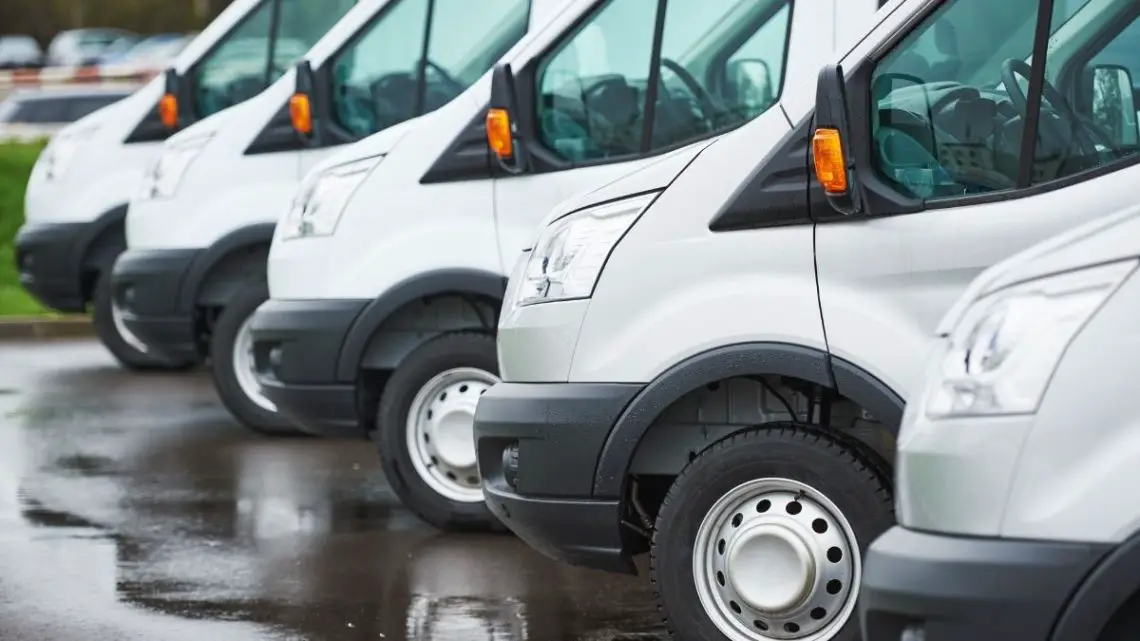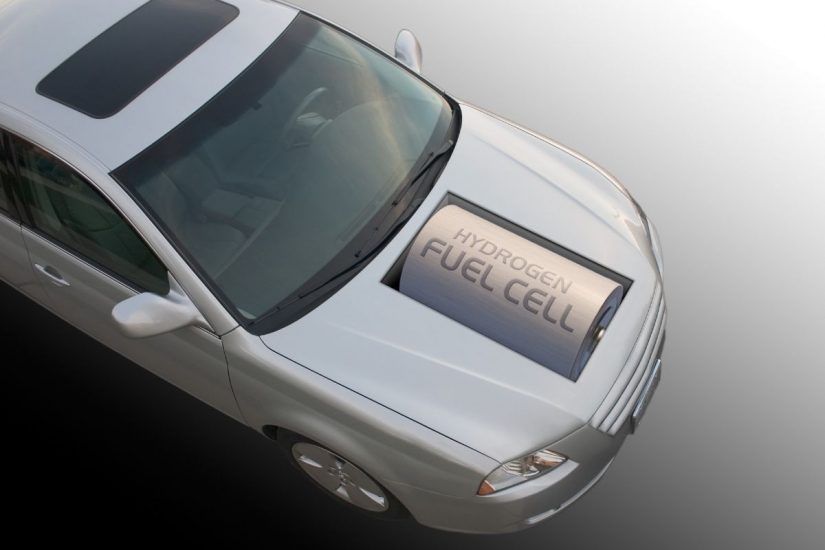
4 Things Every Transport Company Owner Should Know
May 12, 2022Do you operate a small or medium-sized transport business? If so, you’ve probably noticed that the industry is changing fast. This is particularly true if your company is small or medium-sized because that’s where all the innovation is taking place. One of the most exciting of all the latest developments is in the area of hydrogen fuel cells, which have recently shown up in some of Europe’s largest commercial trucks. Fleet systems are always at the center of transportation business operations. The newest offerings there include highly sophisticated maintenance trackers that can spot small engine and other vehicle problems in the early stages.
Electric big-rigs are already far past the experimental stages and will have a huge impact on the face of the industry. Finally, every manager and owner in the transportation segment should stay informed about the ongoing supply chain crisis, which looks like it won’t ease up anytime soon. Whether you’re trying to decide if truck leasing is a better choice than buying, or just feel the need to catch up on essential transportation industry developments, the following facts are a good place to begin.

Hydrogen FCEVs Are on the Road in Europe
Several companies now manufacture FCEV (fuel cell electric vehicles) that run on hydrogen power, the most advanced ones being in Europe. Just a decade ago, some thought hydrogen-powered cars and trucks were 50 years away from being economically feasible, but technology has leaped ahead of the curve. While still not a cost-effective choice, trucks and cars that run on hydrogen are proving themselves to be among the cleanest, most practical alternatives to fossil fuels.
Fleet Management Cuts Maintenance Expenses
Transport company owners are just beginning to appreciate the endless benefits of sophisticated, algorithm-based fleet programs. One of the unsung capabilities of the systems is maintenance management. The systems minimize vehicle downtime, help cut the frequency of accidents, and catch mechanical problems long before they become serious and costly. Fleet maintenance solutions are one of the software’s most revenue enhancing aspects, primarily due to their ability to directly affect the bottom line by chopping repair and emergency maintenance expenses down to size.
Electric Semis Are on the Way
At least two US-based and several international EV (electric vehicle) manufacturers have electric powered semi-trucks in production. Though not in widespread use, the clean running, quiet, super-efficient haulers have been on the drawing board for more than a decade. Purchase prices for the EVs are significantly higher than traditional trucks, but long-term fuel expenses can make up for the differential within about two years of regular use. With gasoline and diesel prices at all-time highs, more transport firms are placing orders for their first electric powered fleet vehicles. This is also one of the ways businesses can positively impact the environment as well.
Sometimes Leasing Makes Sense
New owners tend to fret over the decision of whether to lease their first few trucks or purchase them outright. Undecided entrepreneurs get bombarded with advice that almost exclusively supports the latter. But, it’s wise to remember that there are several circumstances when leasing makes good sense. Small businesses that can’t afford to finance three or four truck purchases are excellent candidates for leasing, as are family-owned companies that intend to test out a local delivery service to see if it can be profitable.



 With over 15 years of reporting hydrogen news, we are your premier source for the latest updates and insights in hydrogen and renewable energy.
With over 15 years of reporting hydrogen news, we are your premier source for the latest updates and insights in hydrogen and renewable energy.
Hey team, great post.
Electric big rigs are well beyond the experimental stage and will have a significant impact on the industry’s future. Finally, every transportation manager and owner should be aware of the current supply chain issue, which does not appear to be abating anytime soon. The following statistics are an excellent place to start if you’re attempting to assess whether truck leasing is a better option than buying or simply want to keep up with important transportation industry trends.